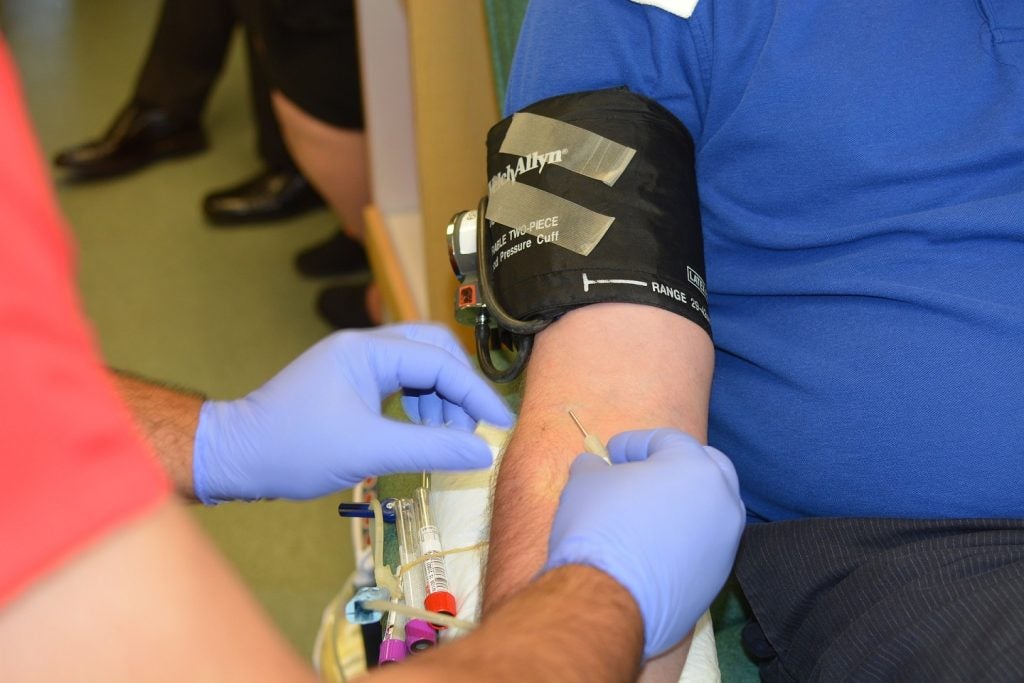The National Health Service (NHS) in the UK has introduced a 'blood matching' genetic test, marking a global first in personalised healthcare for patients with sickle cell disorder and thalassaemia.
This new blood group genotyping test is expected to benefit nearly 18,000 eligible individuals by enhancing the accuracy of blood transfusions and minimising the risk of transfusion side effects.
It is designed to address the challenges faced by patients with inherited blood disorders who require regular transfusions.
The test will enable more precise matching, especially for those with complex blood requirements, and some donor blood will also be tested in a parallel programme.
In partnership with NHS Blood and Transplant, NHS England is encouraging patients with sickle cell, thalassaemia, and transfusion-dependent rare inherited anaemias to undergo this test alongside their routine hospital blood tests.
The aim is to improve blood-matching while reducing the risk of antibodies developing.
NHS England National Healthcare Inequalities Improvement Programme director Bola Owolabi said: “This world-first test is yet another example of the NHS leading the way to transform care and improve outcomes and quality of life for thousands of patients with sickle cell disorder and thalassaemia.
“Being able to provide high-quality and more personalised care to people with inherited blood disorders is an important step forward in helping to reduce health inequalities and this innovative test will greatly improve the quality of life for people living with these disorders. I urge those eligible to ask their clinical teams about the test and to accept if they are invited to take part.”
Furthermore, the genotyping test will assist patients with transfusion-dependent rare inherited anaemias such as Diamond Blackfan anaemia, which impairs red blood cell production.
NHS Blood and Transplant consultant haematologist Sara Trompeter said: “Knowing the extended blood groups of patients, alongside the similar programme in the donor population is a necessary step to improve the ability to match blood for our patients, improving transfusion care.
“The initiative will rely on patients attending hospital and having their blood sent to NHS Blood and Transplant for testing. We strongly encourage clinical and laboratory teams to work with patients to support this programme.”









